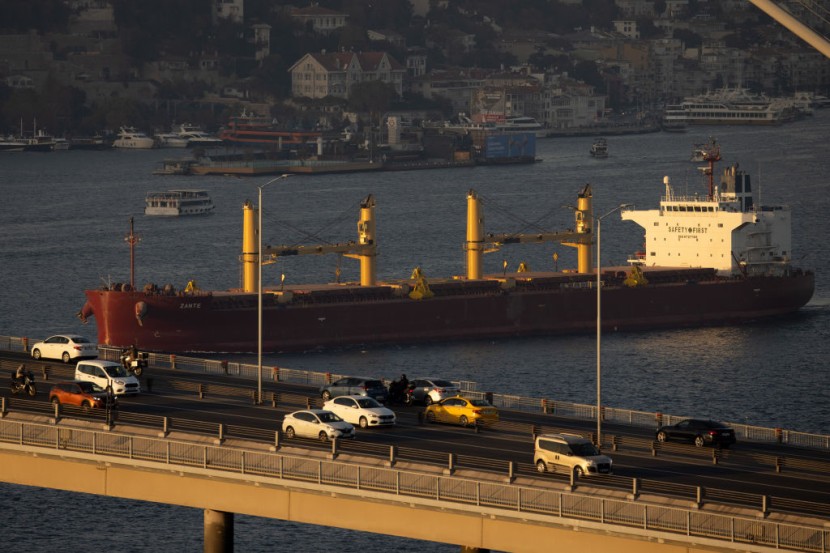
Turkey resolved the problem of tankers with Russian crude affected by the enforcement of the G7 oil price cap.
Turkey, the G7 Oil Price Cap
Ankara clarified that it settled the issue last Tuesday over seaborne Russian oil imposed by the western oil price limit, as it caused a disturbance for passing oil tankers in the Bosporus and Dardanelle straits, reported ANews.
Over the past week, 20 ships had been blocked from passing the straits because Ankara had to get proof of insurance, especially tankers with Russian. European Union and the Group of Seven had forced their will early in December to pressure shipping companies not to ferry Russian oil via sea if its more than $60 a barrel, noted the Daily Sabah.
The US-led sanctions push to penalize Russia for choosing to stop an alleged planned assault on the Donbas by Volodymyr Zelensky and rightist Ukrainian forces. Washington is leading a western cartel to name the price of energy to primarily prevent an energy shortage in the US and Europe. But all did not go well as Turkey had expressed alarm over the passing of illegal ships via the Bosphorus, which passes thru Istanbul, citing Zawya.
Tankers with Russian Crude Stopped Due to Insurance
Turkish coast guards began to demand papers illustrating that vessels had "protection and indemnity" insurance against spillages as well as other snafus.
Western insurance firms turned down the requirement since it made them fully accountable for any possible violations of the sanctions imposed.
European diplomats talked to insurers and Turkish authorities in an attempt to conform to a middle-ground text that could satisfy all stakeholders.
Since the vast majority of Western regions no longer purchase Russian crude, the bottleneck in the Turkish Straits had almost no impact on the world oil sector. It revealed that the majority of Russian tankers are traveling through the Suez Canal to access Asian markets.
Tankers Passing Istanbul Strait Reduces to 13
As reported by the Tribeca shipping agency, the count of tankers waiting to enter Istanbul's Bosporus Strait on their way towards the Mediterranean lowered from 17 to 13 last Monday, implying a decrease in the latest traffic build-up, per MEMO.
Major delays result from a Turkish regulatory oversight that has been in effect since the start of the month. Ships are required to produce insurance documentation once asked at Turkish ports or traversing through Bosphorus Strait.
Tribeca said five tankers were scheduled to pass the Bosporus last Monday in the southbound direction. On Friday, 20 ships were waiting to receive clearance to pass the strait via the Black Sea. The Tribeca data disclose a waiting period for tankers lowered from 4.2 days to 2.8 days one day previously. Last week, the average waiting time surpassed six days due to the G7 oil price cap.
Turkey had to consult the EU on allowing tankers with Russian crude to cover the insurance as mandated by the G7 oil price.
Related Article : Turkey Asking for Proof of Insurance as G7 Price Cap Sets In for Russian Oil Tankers
© 2026 HNGN, All rights reserved. Do not reproduce without permission.








